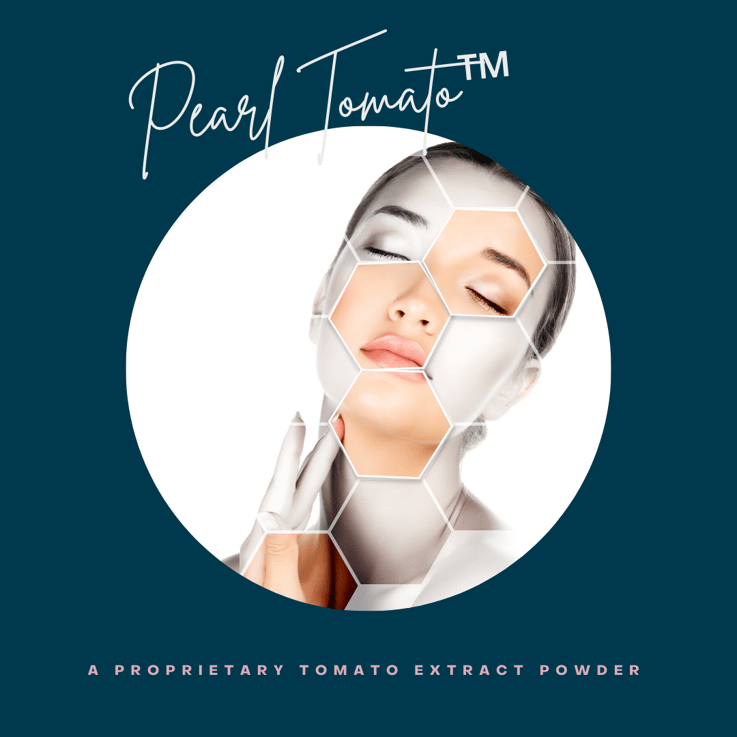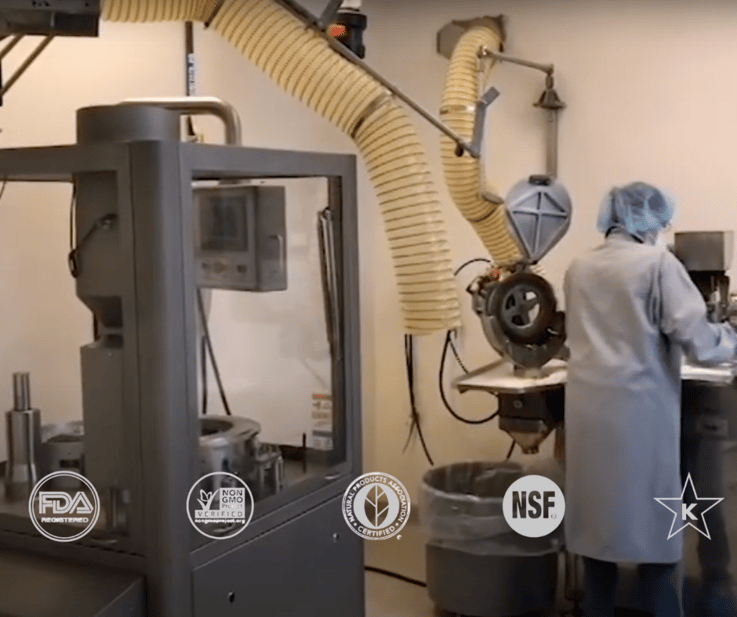There was a time in the not-too-distant past that distinct industries separated dietary supplements and medical foods.
The thought that a single company would offer both a medical food and a nutritional supplement as part of its product line-up would be like combining the rosters of the Los Angeles Dodgers and Detroit Red Wings.
Fascinating in theory, but why?
The emergence of the Nutraceutical industry has changed the game. Nutritional supplements manufactured in FDA-approved facilities are selling like cheesesteaks in Philly. Medical foods are now "smart" and are no longer relegated to an IV stand next to the hospital bed.
So while a hot economy and endless e-commerce sites have given us protein shots and beet juice; let's understand the basics: nutritional supplements and medical foods are still separate and distinct in the eyes of the FDA.
Dr. Jeremy Johnson, professor at the University of Illinois at Chicago College of Pharmacy, spells out 5 major differences between dietary supplements and medical foods:
- Medical Foods and Dietary supplements have separate FDA regulatory classifications.
- Dietary supplements have strict labeling guidelines with a 'Supplement Facts' box while Medical Foods have virtually no labeling regulations.
- Medical Foods require medical supervision, whereas your primary care physician should approve the use of Dietary Supplements.
- Dietary Supplements support the overall care of a person with the disease while medical foods target a specific disease and patient population.
- Medical Foods can make medical claims, dietary or nutritional supplements can not.
Manufacturers and brands should know that a medical food can be used to treat a disease but a dietary or nutritional supplement can support or benefit healthy levels of the ingredient it contains. The FDA also published a 2016 guidance document that provides plenty of context for how the agency views the two.
If you have questions or thoughts on how you can bring a product to market in the Nutraceutical industry, our research and development team provides excellent guidance. Our customer service representatives can draw upon their vast market experience as well.
Paul Kenfield, can assist you with virtually any aspect of bringing your product to market. You can reach him at paul@vestanutra.com or 888-55-VESTA.







.png)